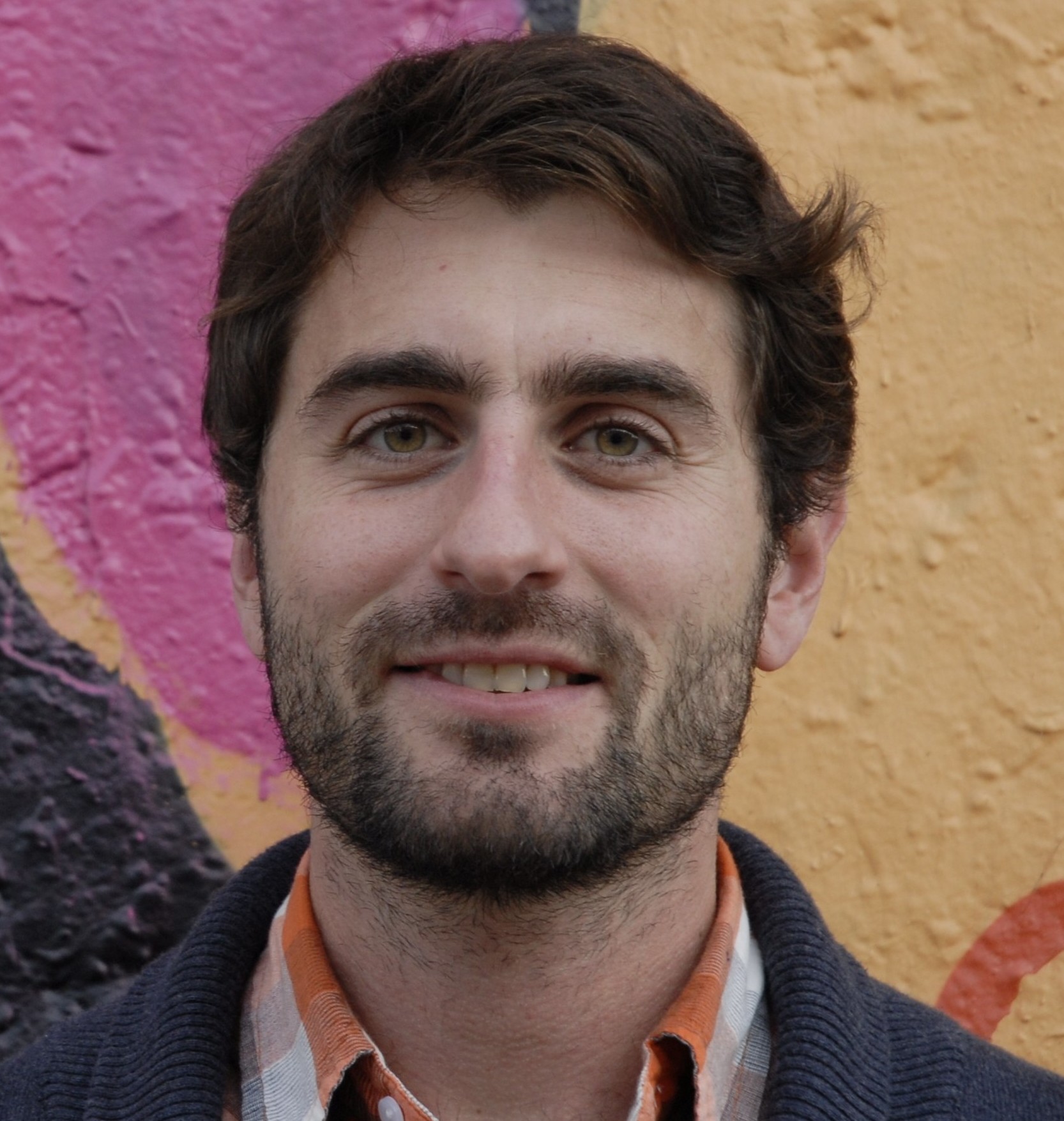Let me tell you something, folks. When we talk about KQED 70 years, we’re not just talking about a number. We’re talking about a legacy, a story, a movement that has shaped the way we consume media, learn, and connect with our communities. KQED hasn’t just been around for seven decades—it’s been a beacon of light, a trusted voice, and an institution that has stood the test of time. So, buckle up, because we’re diving deep into this incredible journey.
This isn’t just another anniversary story. It’s a celebration of how KQED has evolved, adapted, and thrived in a world where media landscapes change faster than you can say “streaming.” For 70 years, KQED has been more than just a public radio station or a TV channel. It’s been a lifeline for millions, offering quality content that informs, educates, and inspires. And trust me, that’s no small feat.
As we explore the rich history of KQED, you’ll discover how it started, how it grew, and how it continues to lead the way in public media. From its humble beginnings to its current status as a powerhouse in journalism and education, KQED has proven time and again why it deserves every bit of praise it gets. So, let’s get started, shall we?
- How Long Does Vacuumsealed Meat Last Without Freezing
- Find Your Glow Discover The Enchanting Parque De Las Luces Near You
The Genesis: How It All Began
Back in the day, when radio was king and TV was still finding its footing, KQED emerged as a beacon of quality programming. Founded in 1951, KQED started as a public radio station with a mission to serve the Bay Area community. But it wasn’t just about broadcasting news or music—it was about creating a space where people could come together, learn, and grow.
Fast forward to today, and KQED has become a household name. But how did it get here? Well, it all started with a vision. The founders of KQED believed in the power of public media to educate, inform, and inspire. And they weren’t wrong. Over the years, KQED has expanded its reach, adding television programming, digital content, and educational initiatives that have touched the lives of millions.
Key Milestones in KQED's History
Let’s take a quick look at some of the key milestones that have defined KQED’s journey:
- Gaege Bethune The Rising Star Making Waves In The Entertainment World
- Best Coyote Calls For January Unleash The Hunt
- 1951: KQED Radio goes on air, serving the Bay Area with quality programming.
- 1954: KQED Television joins the scene, bringing public broadcasting to a wider audience.
- 1980s: KQED embraces new technologies, expanding its reach through cable and satellite.
- 2000s: The digital age arrives, and KQED steps up its game with online content and educational resources.
- 2020s: KQED continues to innovate, reaching new audiences through podcasts, social media, and more.
Each of these milestones represents a step forward in KQED’s mission to serve the community. And as we celebrate 70 years, it’s clear that KQED isn’t slowing down anytime soon.
Kqed 70 Years: A Legacy of Excellence
When we talk about KQED 70 years, we’re talking about a legacy of excellence. From its award-winning journalism to its groundbreaking educational programs, KQED has consistently delivered high-quality content that resonates with its audience. But what exactly makes KQED so special?
Quality Journalism You Can Trust
In a world where misinformation runs rampant, KQED stands out as a trusted source of news and information. Its journalists are dedicated to uncovering the truth, bringing you stories that matter. Whether it’s local news, national headlines, or international affairs, KQED has got you covered.
But it’s not just about the news. KQED’s programming covers a wide range of topics, from arts and culture to science and technology. And let’s not forget their commitment to diversity and inclusion, ensuring that all voices are heard and represented.
Education for Everyone
One of KQED’s most impactful initiatives is its commitment to education. Through programs like Quest and Do Now, KQED provides students and educators with resources that make learning fun and engaging. These programs cover everything from STEM subjects to social issues, offering a well-rounded education that prepares students for the real world.
And it’s not just about students. KQED also offers professional development opportunities for teachers, helping them stay up-to-date with the latest trends and technologies in education.
The Impact of KQED on the Community
Over the past 70 years, KQED has made a significant impact on the Bay Area community. But what exactly does that impact look like? Let’s break it down:
Connecting People
KQED has always been about bringing people together. Through its programming, events, and online platforms, KQED creates spaces where people can connect, share ideas, and learn from one another. Whether it’s a live broadcast or a virtual event, KQED fosters a sense of community that is hard to find elsewhere.
Empowering Voices
One of the things that sets KQED apart is its commitment to amplifying underrepresented voices. Through initiatives like Local Matters and Youth Media Challenge, KQED gives a platform to those who might not otherwise have one. This not only enriches the content but also strengthens the community as a whole.
The Future of KQED
As we look ahead to the next 70 years, the future of KQED looks bright. With advancements in technology and changing media landscapes, KQED is poised to continue its mission of excellence. But what does that future look like?
Innovation in Media
KQED has always been at the forefront of innovation in media. From its early days of radio and television to its current digital presence, KQED has embraced new technologies to reach wider audiences. As we move into the future, expect to see even more exciting developments in how KQED delivers content.
Expanding Reach
While KQED has always been rooted in the Bay Area, its reach is expanding beyond local borders. Through partnerships and collaborations, KQED is bringing its content to audiences across the country and around the world. This global expansion will allow even more people to benefit from KQED’s programming and resources.
How You Can Get Involved
So, you’re convinced that KQED is worth supporting. But how can you get involved? Here are a few ways:
- Donate: Support KQED’s mission by making a donation. Every little bit helps!
- Volunteer: KQED relies on volunteers to help with events, programming, and more. Sign up to lend a hand.
- Engage: Follow KQED on social media, participate in online discussions, and share your thoughts and ideas.
Your involvement can make a real difference in ensuring that KQED continues to thrive for years to come.
Statistics and Facts About KQED
Let’s talk numbers. Here are some interesting stats and facts about KQED:
- KQED reaches over 500,000 listeners weekly through its radio broadcasts.
- Its television programming is seen by more than 1.5 million viewers each month.
- KQED’s digital platforms attract millions of visitors, with over 10 million page views annually.
- Through its educational initiatives, KQED serves over 100,000 students and teachers each year.
These numbers speak volumes about the impact KQED has on its audience. And as it continues to grow, those numbers are only going to increase.
Challenges and Opportunities
No journey is without its challenges, and KQED is no exception. As it moves forward, KQED faces several challenges, including:
Funding
Like many public media organizations, KQED relies on funding from government grants, corporate sponsors, and individual donors. Ensuring a steady stream of funding is crucial to maintaining its high standards of quality.
Competition
The media landscape is more crowded than ever, with new players entering the scene every day. KQED must continue to innovate and differentiate itself to stay ahead of the competition.
Conclusion: Celebrating 70 Years of Excellence
As we wrap up this journey through KQED 70 years, it’s clear that KQED has had an incredible impact on the world. From its humble beginnings as a public radio station to its current status as a leader in public media, KQED has proven time and again why it deserves our support.
So, what can you do? Get involved, spread the word, and continue to support KQED in any way you can. Whether it’s through donations, volunteering, or simply tuning in, your support makes a difference. Together, we can ensure that KQED continues to thrive for another 70 years and beyond.
And remember, folks, KQED isn’t just a media organization—it’s a movement. A movement that informs, educates, and inspires. So, let’s keep the momentum going!
Table of Contents
- The Genesis: How It All Began
- Key Milestones in KQED's History
- Kqed 70 Years: A Legacy of Excellence
- Quality Journalism You Can Trust
- Education for Everyone
- The Impact of KQED on the Community
- Connecting People
- Empowering Voices
- The Future of KQED
- Innovation in Media
- Expanding Reach
- How You Can Get Involved
- Statistics and Facts About KQED
- Challenges and Opportunities
- Funding
- Competition
- Derrell Brown Found The Untold Story You Need To Know
- Best Coyote Calls For January Unleash The Hunt


